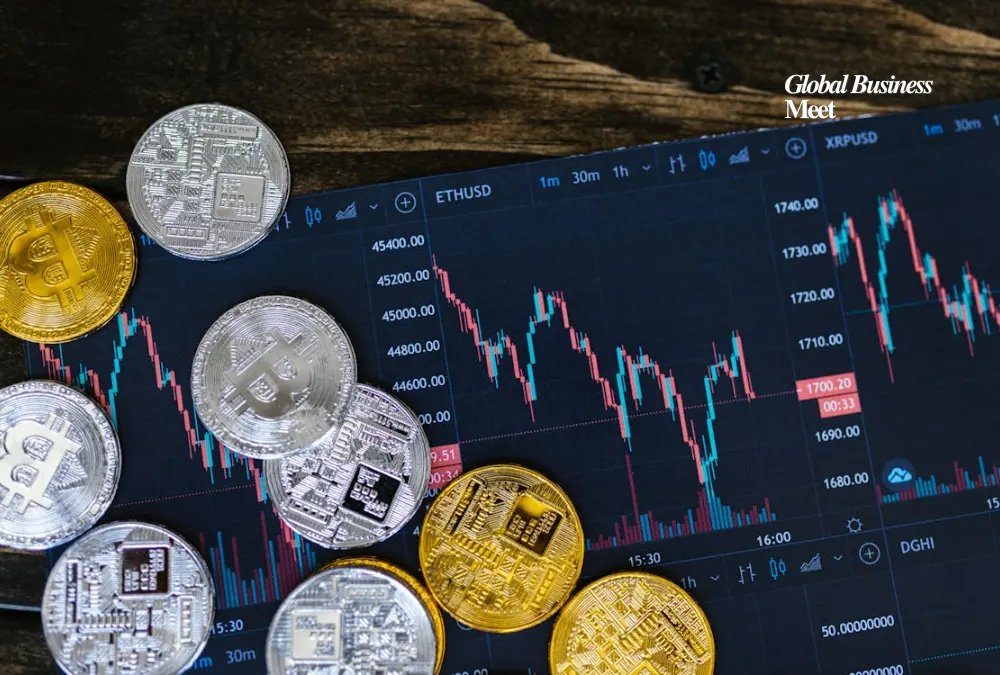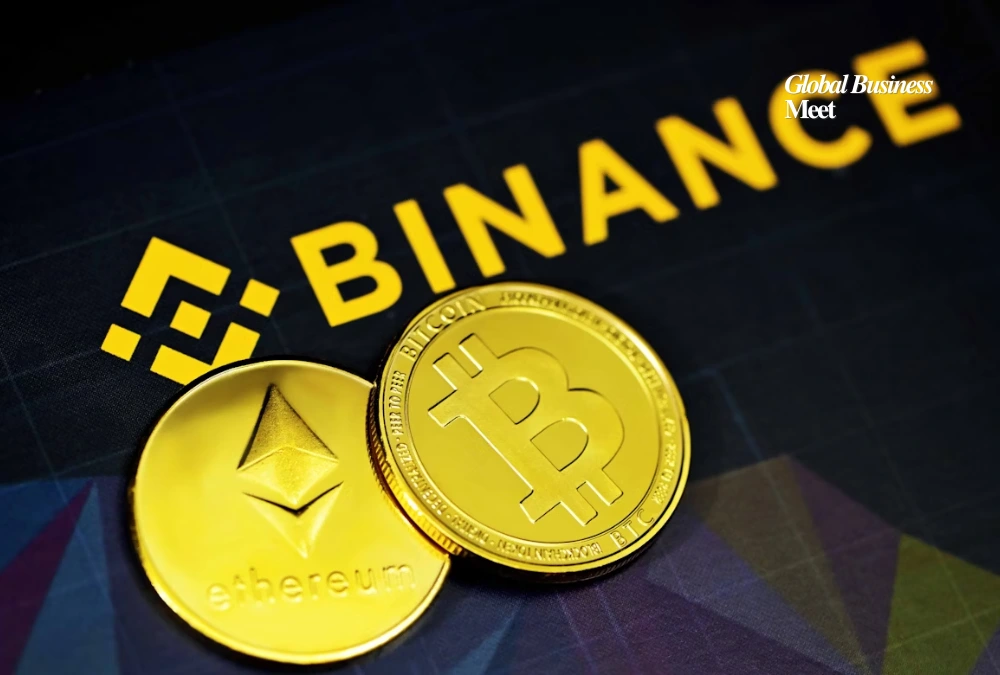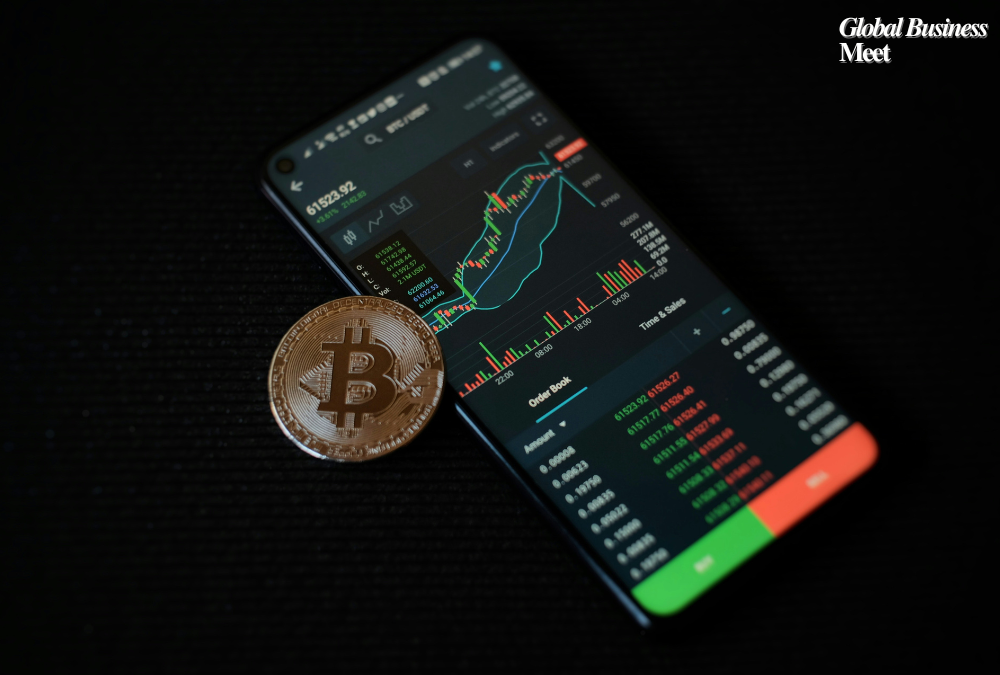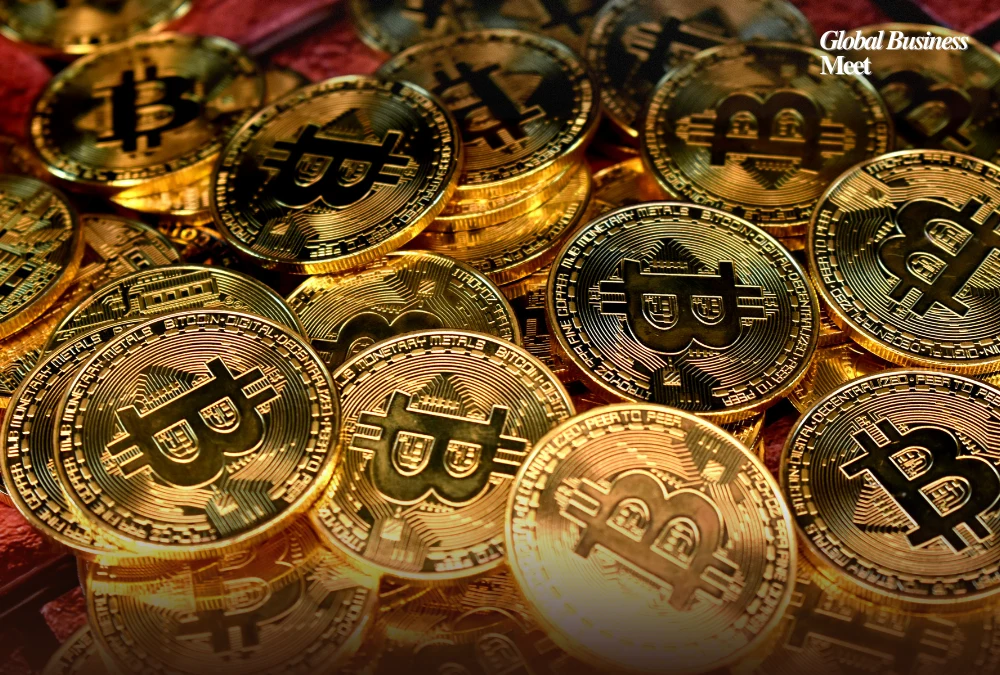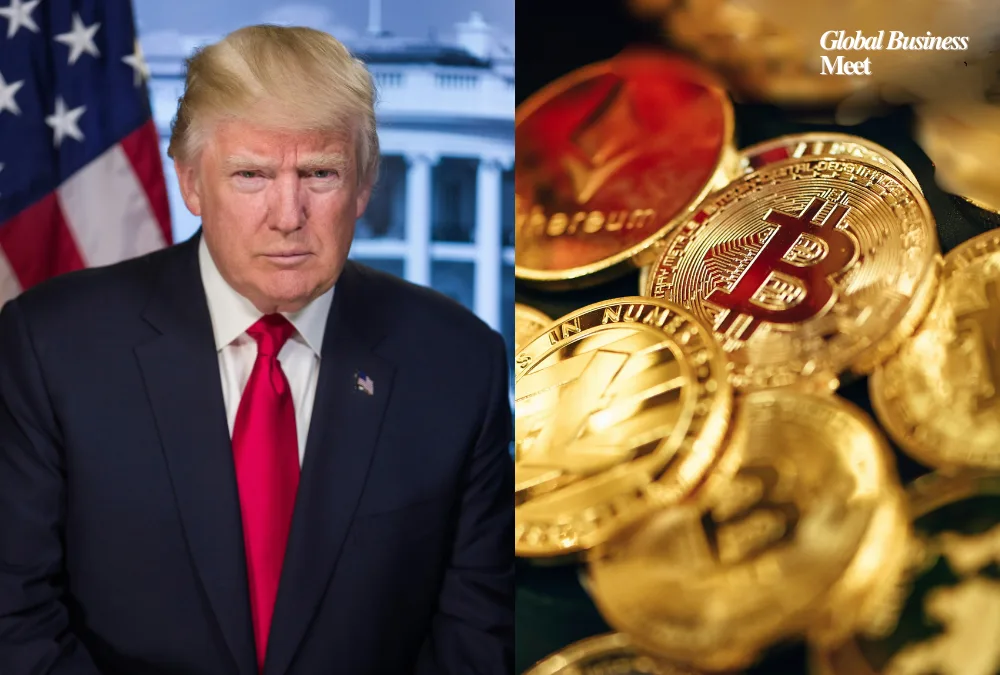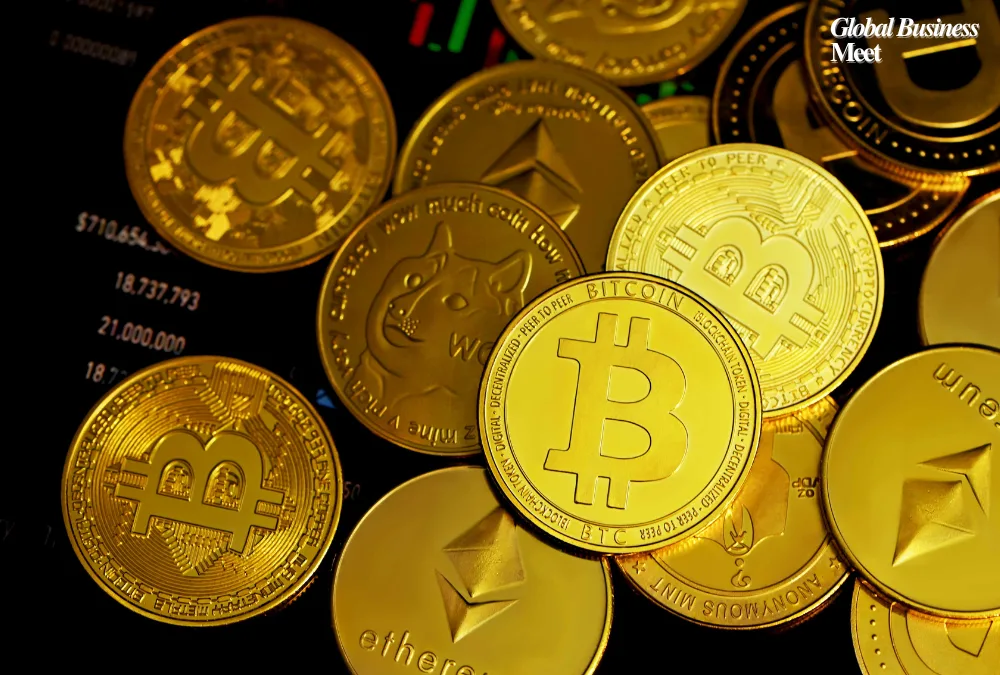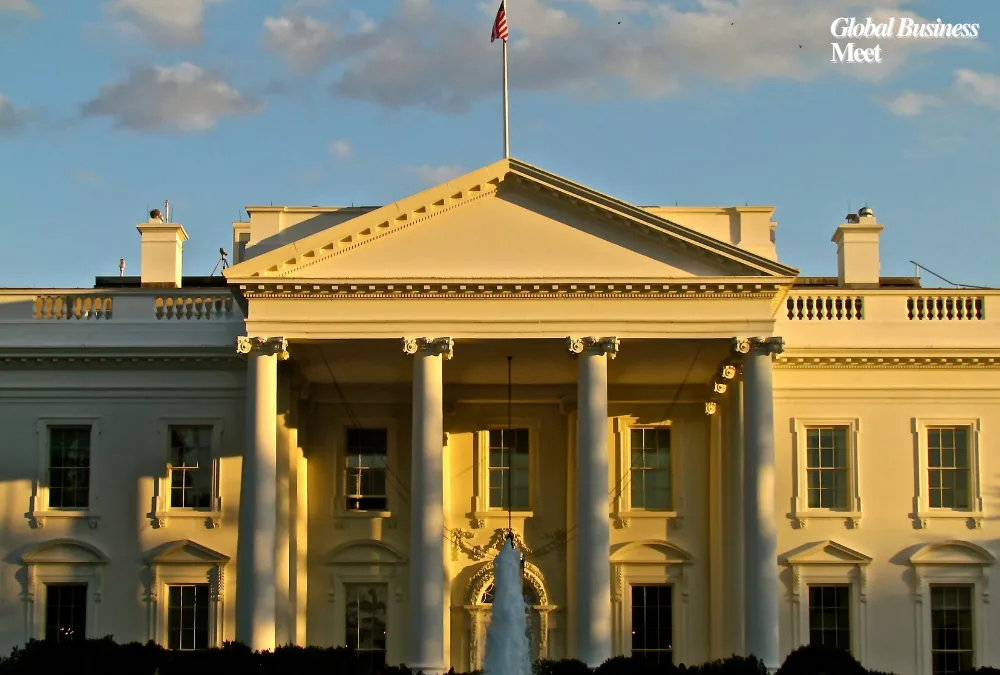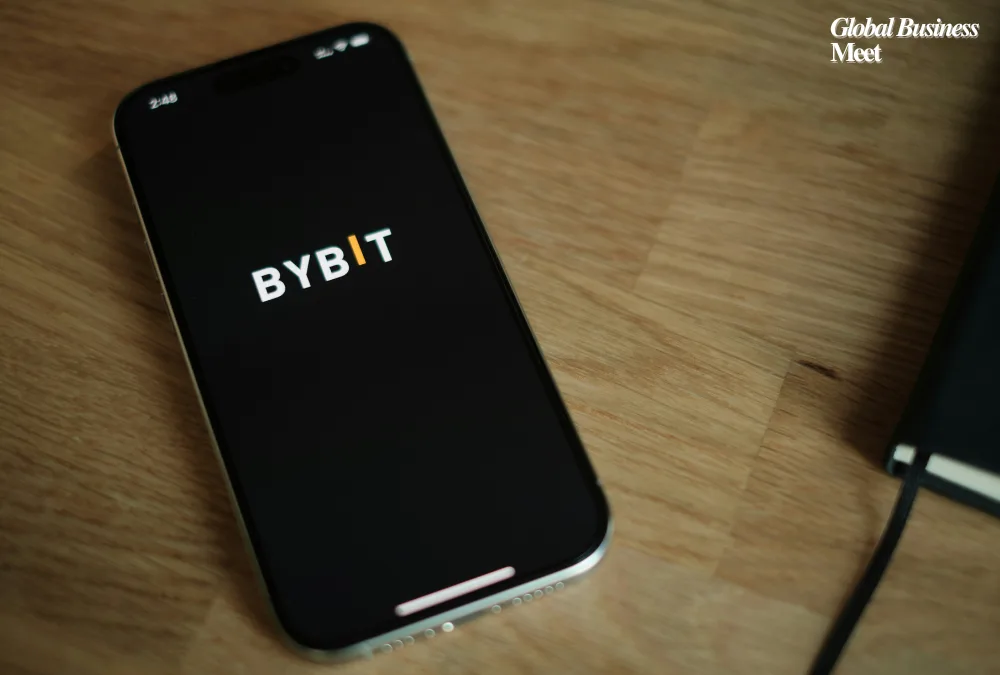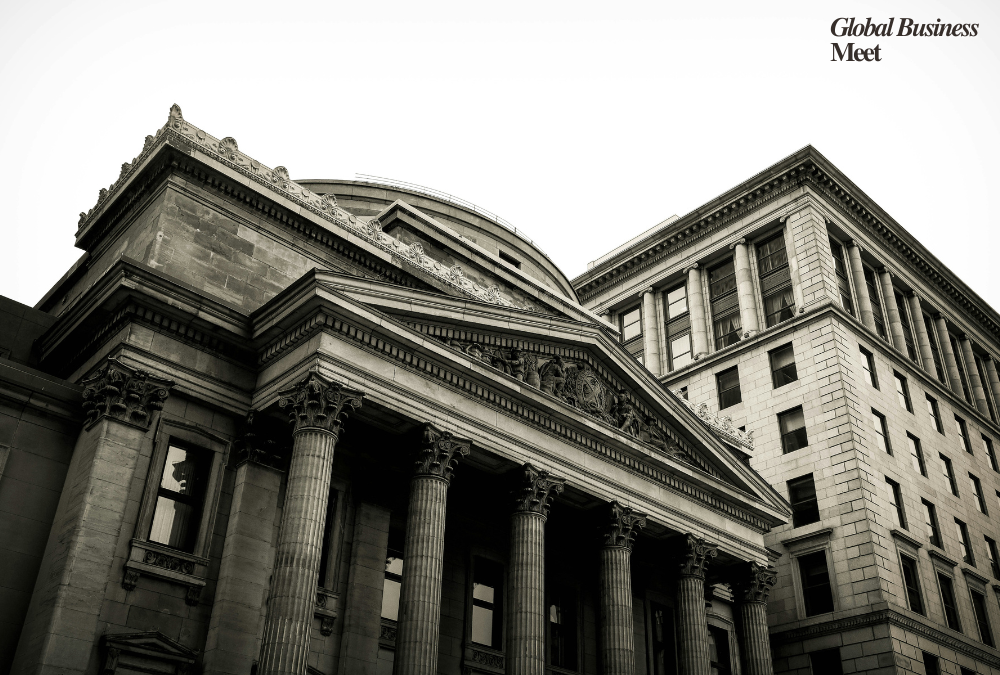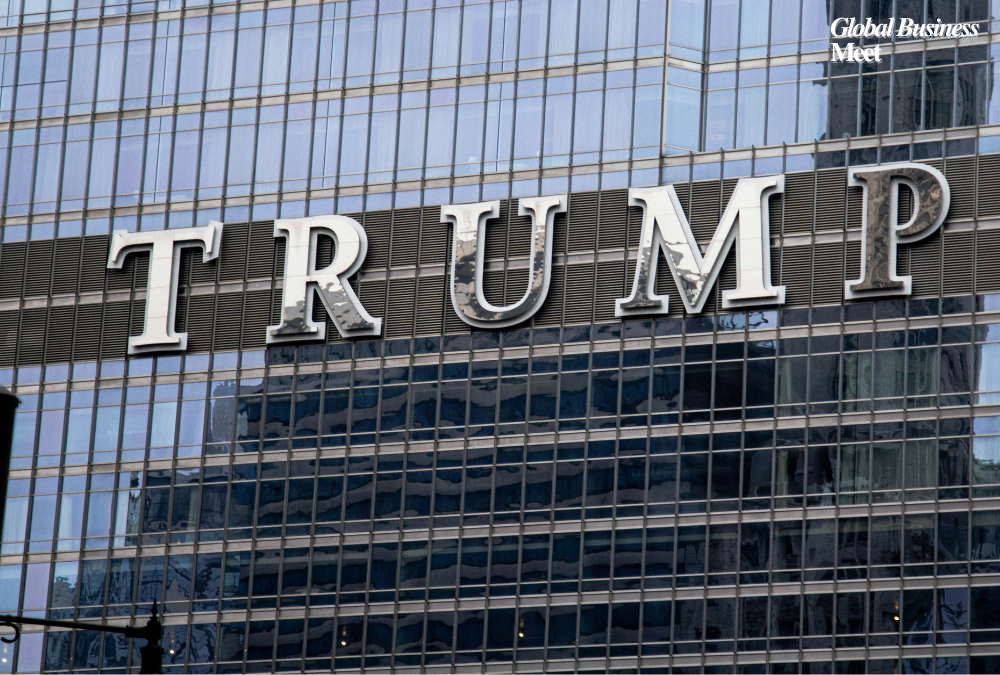
The Swiss National Bank (SNB) has dismissed the possibility of including Bitcoin in its reserves, in line with its past views on digital currencies. SNB President Thomas Jordan is reported to have wondered whether Bitcoin can serve as a reserve asset. The remarks come when discussions on the utilization of digital currencies, such as Bitcoin, are becoming more common. Despite more countries and financial institutions taking interest in using Bitcoin as a value store, the SNB is cautious due to its volatility and regulatory challenges.
The Traditional Stance of the Swiss National Bank
Ever since several years back, one of the most secure and robust economies in the globe, Switzerland, has been actually promoting the establishment of cryptocurrencies. The country has been at the forefront in block chain technology as well as governing digital assets since places like Zug have been coined the “Crypto Valley.” But the nation’s central bank has been very timid in the direction of cryptocurrencies like Bitcoin. According to Jordan’s recent remarks, the SNB is more eager to hold traditional reserve assets like gold and foreign exchange reserves rather than riskier ventures. The SNB president stressed that due to the very high volatility of Bitcoin and a lack of distinct regulatory framework, central banks who require assets to be stable and predictable should refrain from using it. According to Jordan, price volatility of Bitcoin renders it unfit for long-term financial stability. Bitcoin as it exists today fails to meet the condition that a reserve asset must be stable so that it can guarantee the stability of the economy of a whole nation.
The International Environment and Growing Acceptance of Bitcoin as a reserve asset has been gaining ground in the rest of the world, but Switzerland’s central bank continues to hold firmly to its conservative stance. For example, in 2021, El Salvador became the world’s first nation to adopt Bitcoin as legal tender, drawing international headlines. The step was viewed as an ambitious experiment aimed at increasing financial inclusion and acting as a hedge against inflation, particularly in nations with volatile exchange rates. The government of El Salvador has gone on to purchase more Bitcoin, indicating its confidence in the cryptocurrency’s potential for appreciation. Further legitimizing the asset is the major introduction of Bitcoin onto the balance sheets of institutional investors like MicroStrategy and Tesla. A move towards wider acceptability has been indicated by the introduction of Bitcoin exchange-traded funds (ETFs), which have helped make it simpler for investors to get exposure to Bitcoin. Financial experts are always wondering whether Bitcoin is a potential “digital gold,” with most considering it as a protection against inflation and unstable economies. However, most central banks are still wary in spite of these developments. Among the largest obstacles to the entry of Bitcoin into government reserves is still its notorious volatility. Questions regarding Bitcoin’s feasibility as a long-term global reserve asset are also raised by its decentralized nature and the fact that it is not backed by any centralized authority.
Bitcoin’s and Central Banks’ Future
Whereas the conservatism of traditional banking is reflected in the Swiss National Bank’s rejection of Bitcoin, the global financial context is evolving fast. Bitcoin and other cryptocurrencies may have a greater role to play in the financial system going forward, as reflected in increasing institutional use and acceptance of digital currencies. In an effort to modernize monetary systems without relinquishing control over national economies, central banks are starting to look into the development of central bank digital currencies, or CBDCs. Bitcoin’s status as a reserve asset is still unclear. Central banks may yet have a change of heart as nations like El Salvador experiment with including Bitcoin and institutional investors persist in adding the cryptocurrency to reserves. The Swiss National Bank’s rejection of Bitcoin underscores the gulf between traditional banking channels and the new frontier of digital finance, but perhaps not the last word in the discussion. Central banks might be compelled to reconsider the possibility of cryptocurrencies as acceptable reserve assets one day as Bitcoin matures and as regulation measures are put in place.






